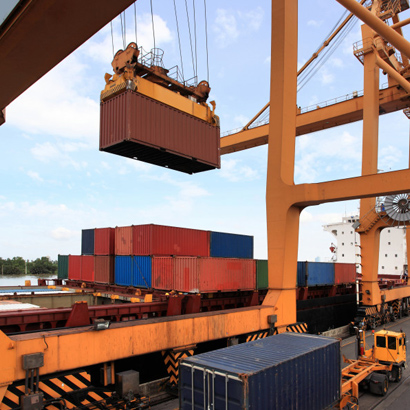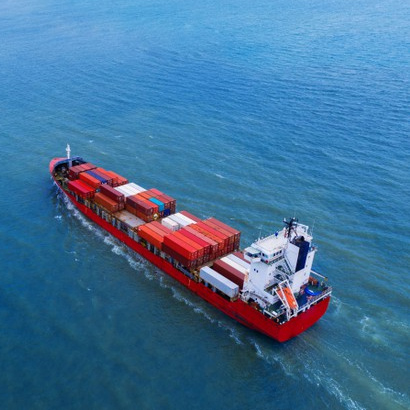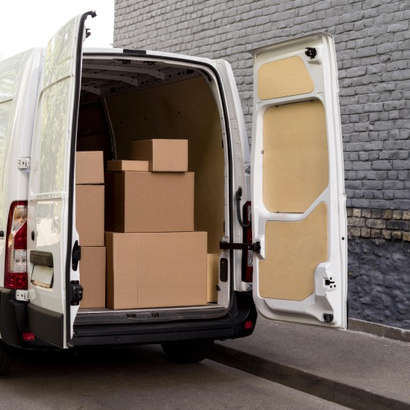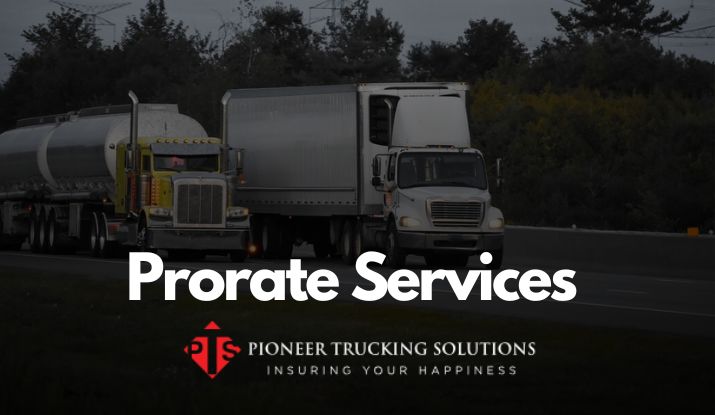Want to know if you are eligible to apply for Prorate plates or not? Then follow this article till the end, to know various things that help you know whether you are following the right procedure for prorate application or not.
A prorate audit is quite necessary to avoid delay and fines while applying for apportioned license plates (prorate plates). These plates allow fleets operating across multiple jurisdictions to pay taxes proportionately based on their usage in each area.
For this, you can hire an agency, company or an individual offering prorate services if you are a fleet owner or a truck driver. This audit not only helps in financial accuracy but also aids in making informed business decisions.
Step 1: Collect Necessary Data
Before auditing necessary things, the first step you need to follow is to gather all relevant data that will support your application for prorate plates.
- Vehicle Mileage Records: Collect the records maintained earlier for your vehicle mileage when driven in different jurisdictions. This data is crucial for calculating fees accurately.
- Registration Documents: In your documents files add registration documents of your vehicle.
- Maintenance and Fuel Records: Compile records that detail fuel purchases and maintenance costs, as these can impact overall operating expenses.
A centralized database for this information will streamline your audit process and facilitate better analysis.
Step 2: Conduct the Audit
Now you have compiled all the necessary documents in one place you can begin auditing for smooth application of prorate plates.
- Review Mileage Data: Check your mileage documents thoroughly. Note the distances traveled by commercial vehicles in various jurisdictions. This is necessary for prorate plate application.
- Calculate Cost Allocations: Using your established prorate criteria, determine how much of your total costs (fuel, maintenance, and registration) will be allocated to each vehicle based on its mileage in each jurisdiction.
- Examine Fuel and Maintenance Costs: Inspect in-depth fuel and maintenance records. It will help you to ensure that costs are being attributed fairly to each vehicle.
- Prepare Documentation: Keep meticulous records of your calculations and methodologies. This documentation will be essential for your application and for any potential audits by regulatory bodies.
Step 3: Identify Difference
As you begin auditing necessary documents it becomes important for you to keep an eye on any differences appearing in the records. If certain vehicles show significantly higher costs despite similar usage then it needs to be checked again. Otherwise, it can cause application issue.
Improvement Opportunities: Highlight areas where cost savings can be achieved, such as optimizing routes or reducing idle time.
Step 4: Compile and Submit Your Application
After doing the necessary audit what you can do is to compile your findings into a formal report. This report should include:
- A summary of mileage and expenses by jurisdiction
- Any identified discrepancies and resolutions
- Recommendations for future operational improvements
Submit this report along with your application for prorate plates. Ensure that all necessary documentation is attached, including vehicle registration details and any supporting evidence of your audit process.
Last Words!
Although hiring experts for prorate services is important for the application of prorate plates, a self-audit is also essential. Regular audits will help you maintain compliance with various jurisdictions and ensure that your fleet operates efficiently.
FAQ’s
What documentation should I keep for a prorate audit?
For proper prorate audit, you need to keep your payment records, mileage records and registration records.







